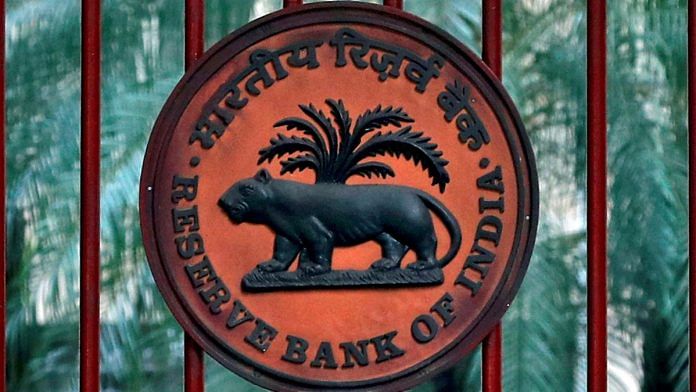Mumbai: The Reserve Bank of India tweaked some of its guidelines for banks to manage their foreign currency exposure, in an attempt to reduce the risk of unhedged exposure on the banking system during extreme volatility in forex markets.
Banks would be required to assess the unhedged foreign currency exposures of all counterparties to whom they have an exposure in any currency, going ahead, the RBI said in a release on Tuesday.
The rupee has shed nearly 11% against the dollar so far this year and has hit a series of record lows in recent weeks.
Banks will have to ascertain the foreign currency exposure (FCE) of all entities at least annually, the RBI said, adding the revised rules will be effective from Jan. 1, 2023.
The revised rules, though, expanded the scope of exemptions, allowing banks to exclude exposures from ‘factoring transactions’ from now on, apart from exposures arising out of derivative transactions.
Banks shall determine the potential loss to an entity from unhedged foreign currency exposure (UFCE) using the largest annual volatility in the rupee-dollar exchange rate in the last ten years, the RBI said.
“Entities which do not hedge their foreign currency exposures can incur significant losses during the period of heightened volatility in foreign exchange rates,” the RBI said.
“These losses may reduce their capacity to service the loans taken from the banking system and increase their probability of default, thereby affecting the health of the banking system.”
The RBI said if the potential loss from an entity’s UFCE is more than 75%, banks would need to provide for a 25 percentage point increase in total risk weight, over and above the applicable risk weight to that entity.
“This is because the exposures falling in same bucket will have equal increase in their riskiness irrespective of the original risk weight applicable,” the apex bank said. –Reuters
Also read: Indian rupee could hit $84-85 by March on trade deficit, oil woes, report says






